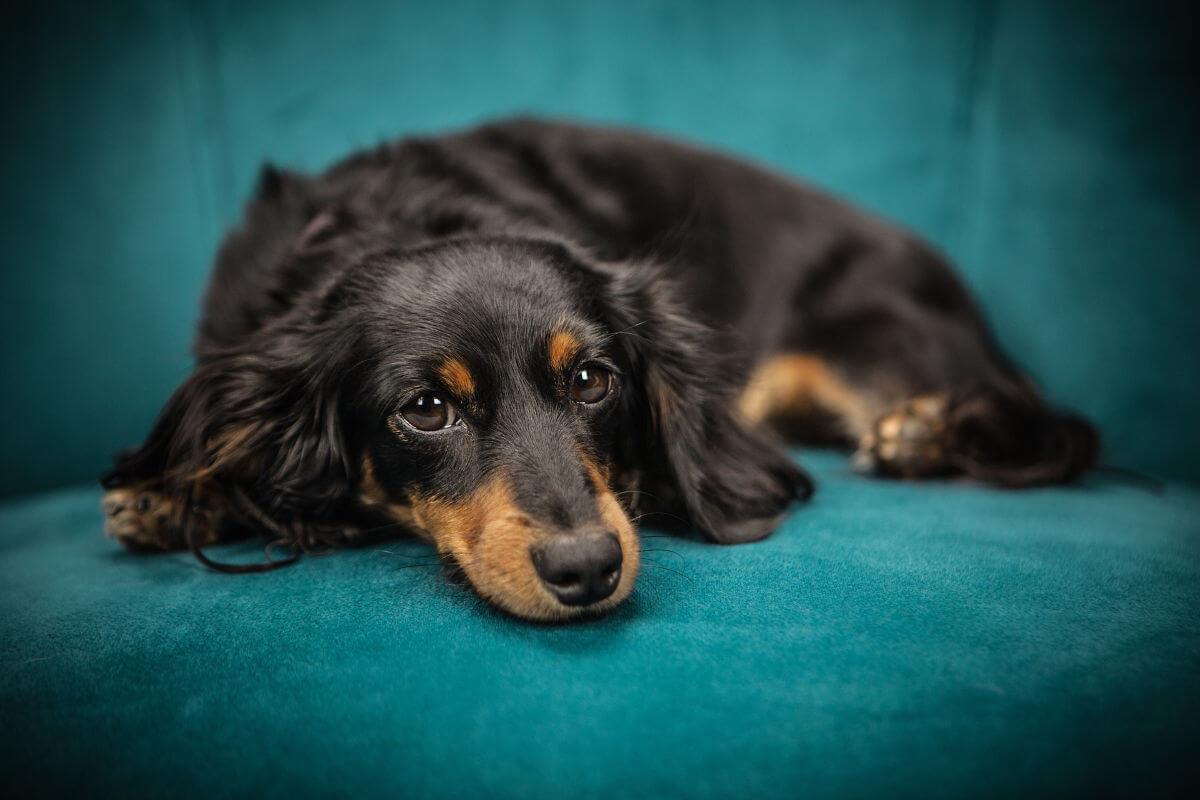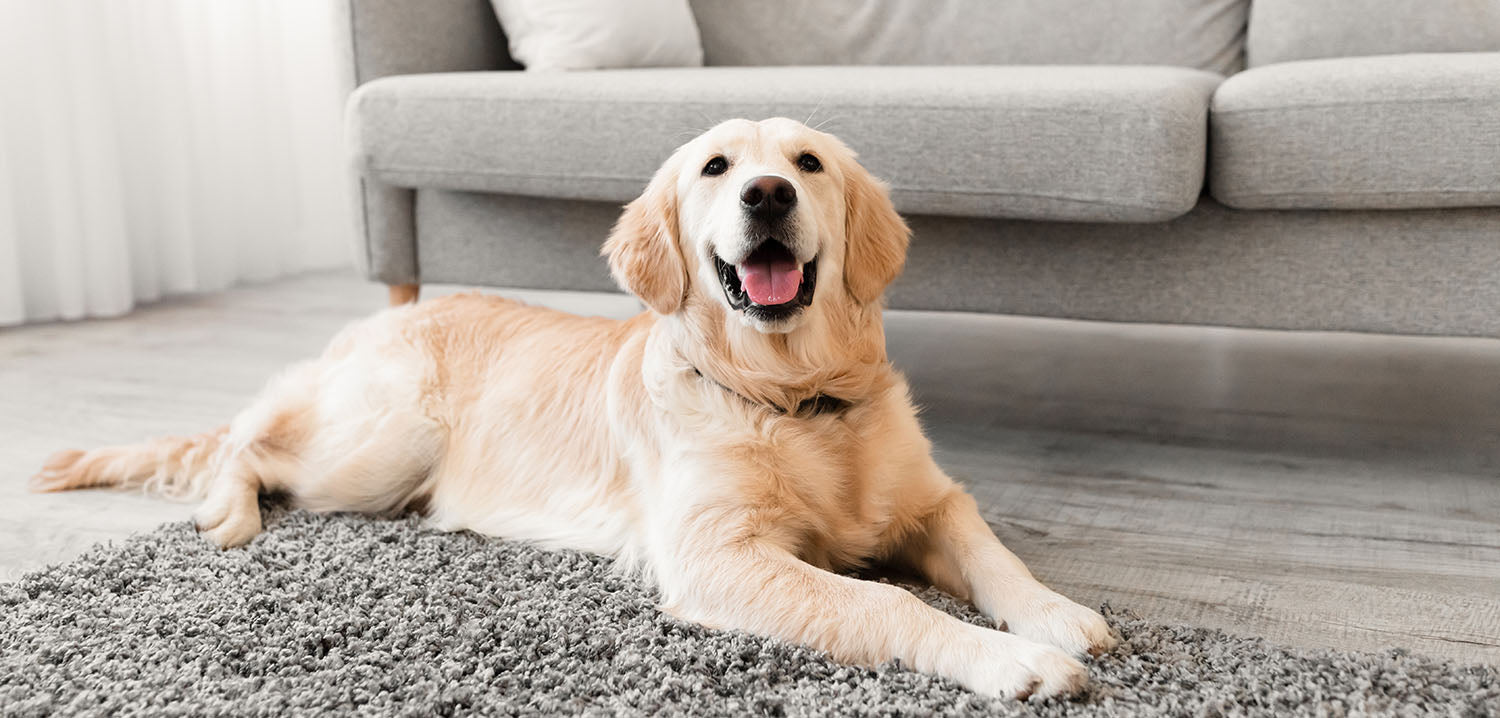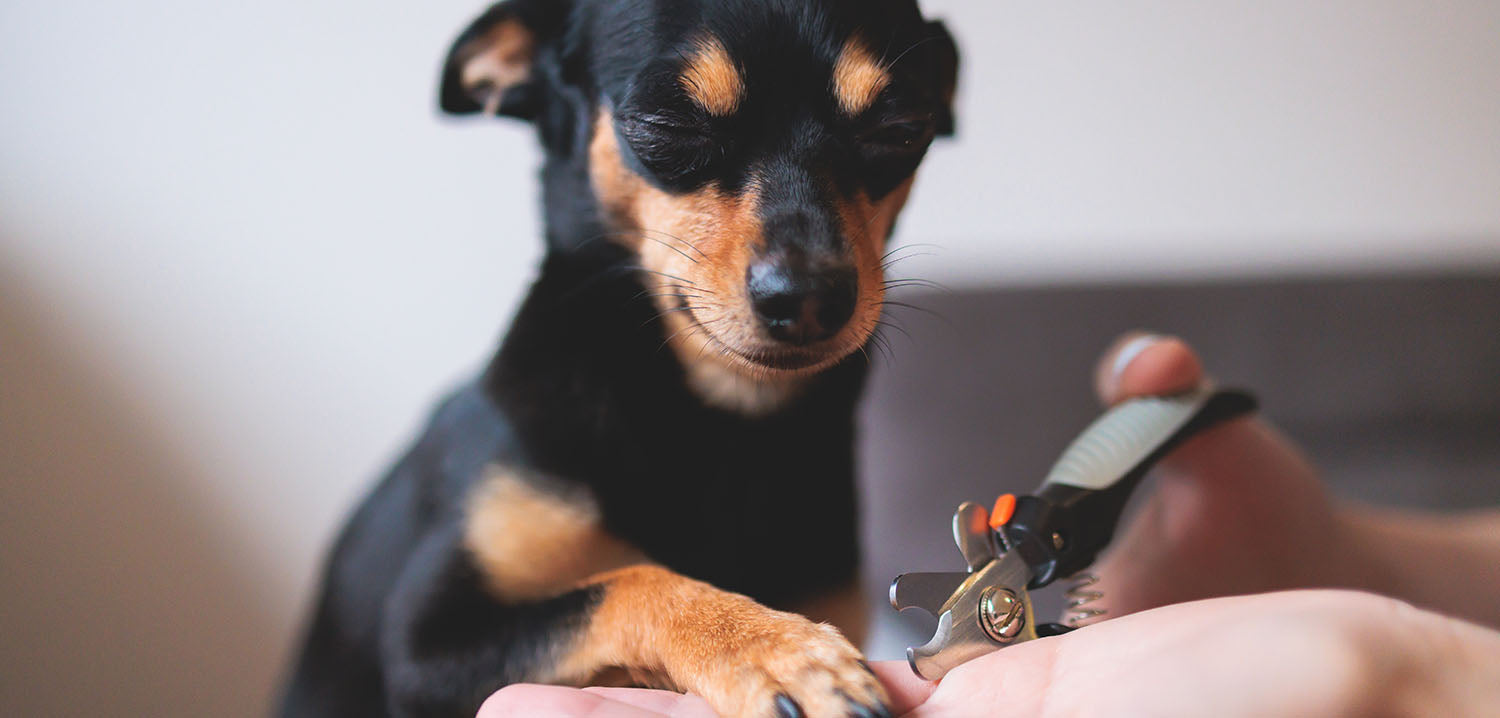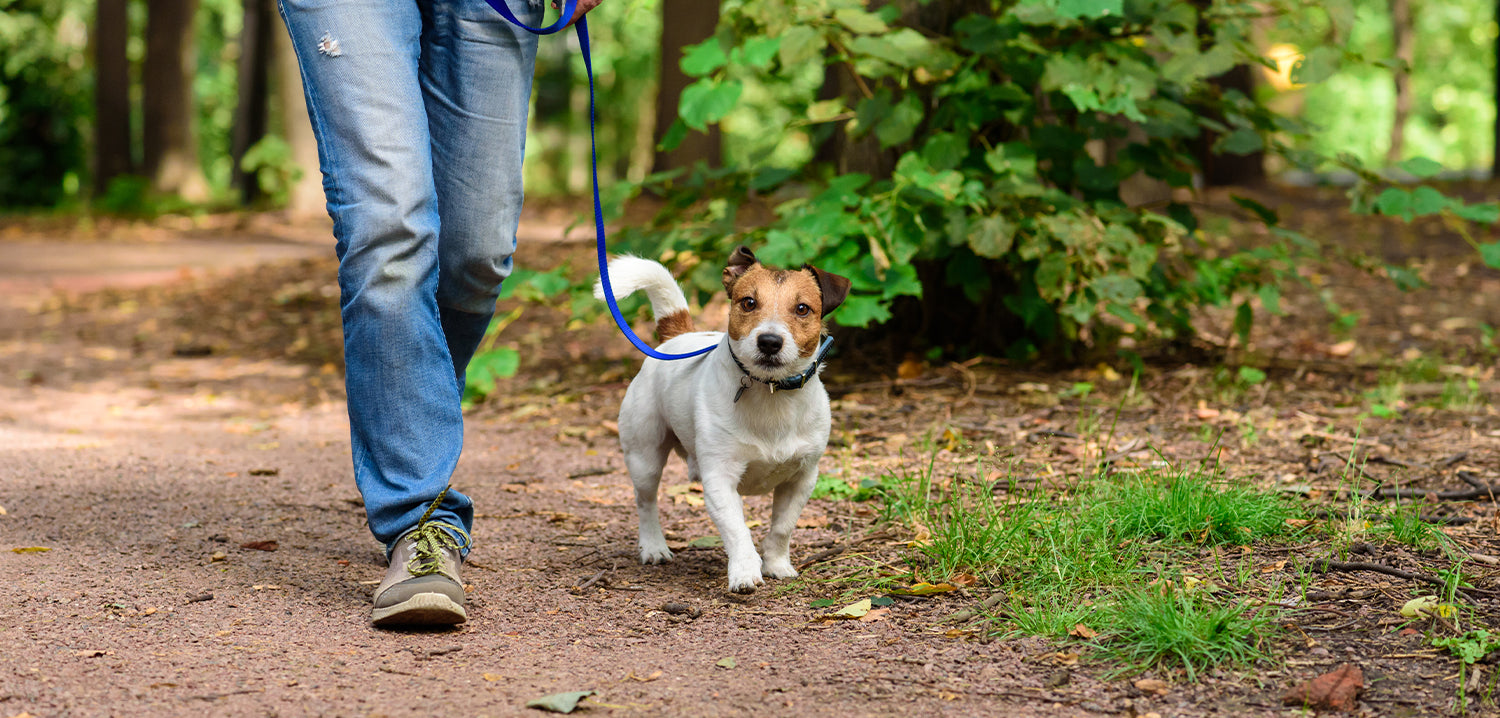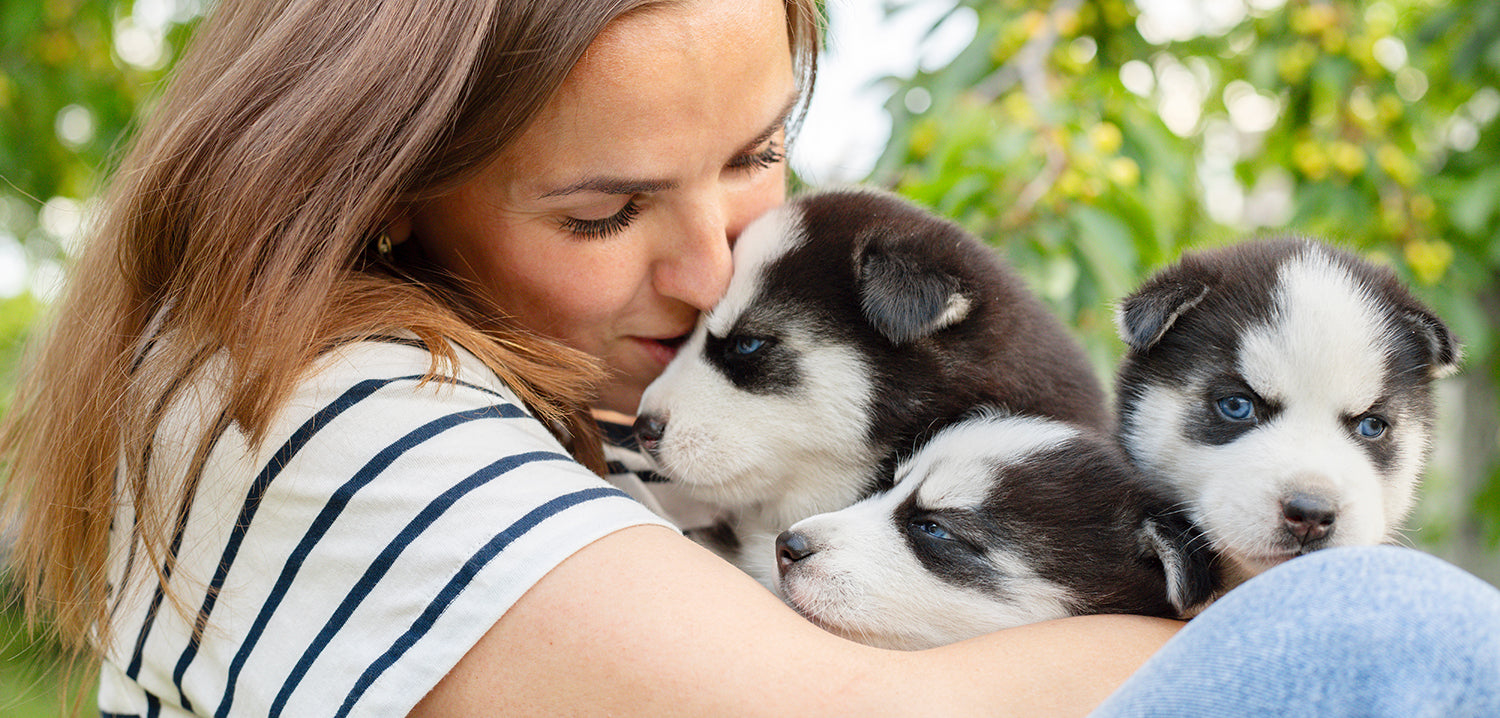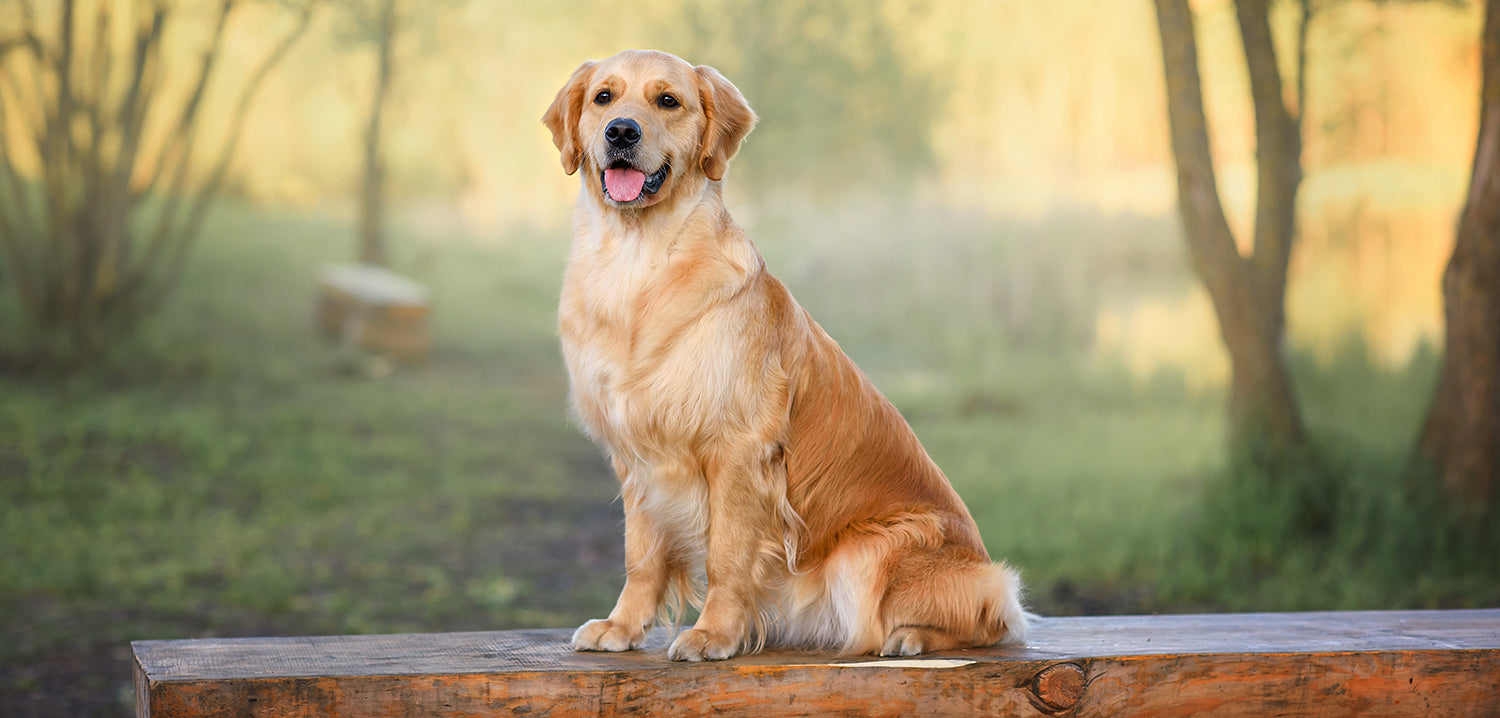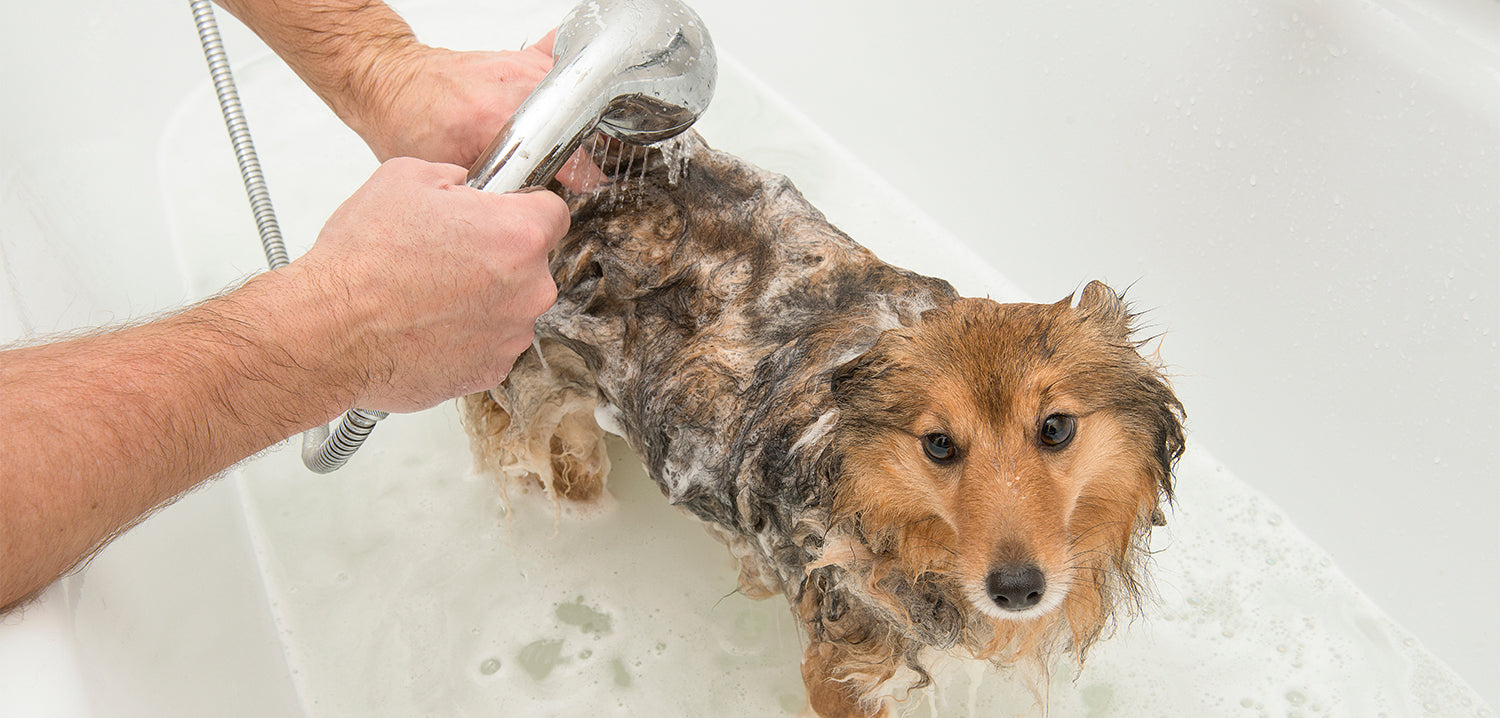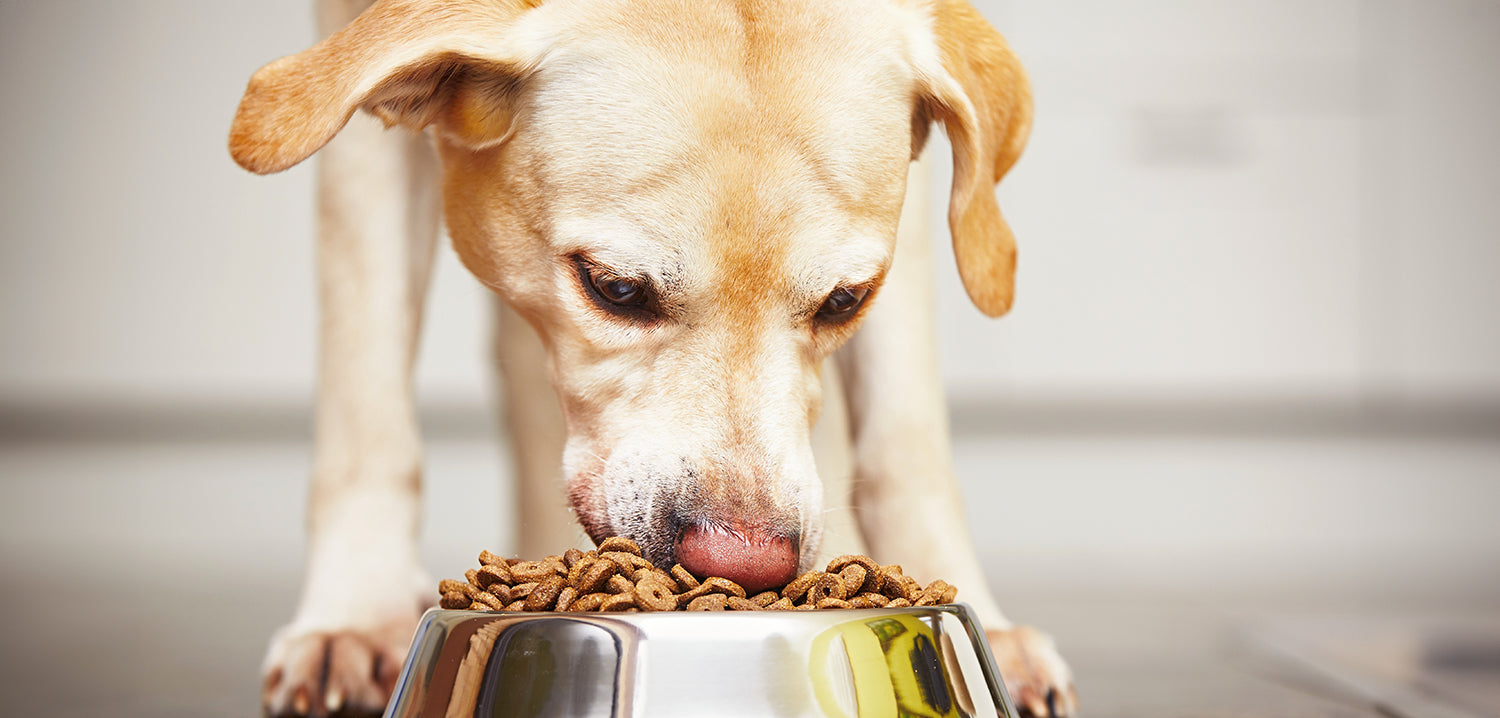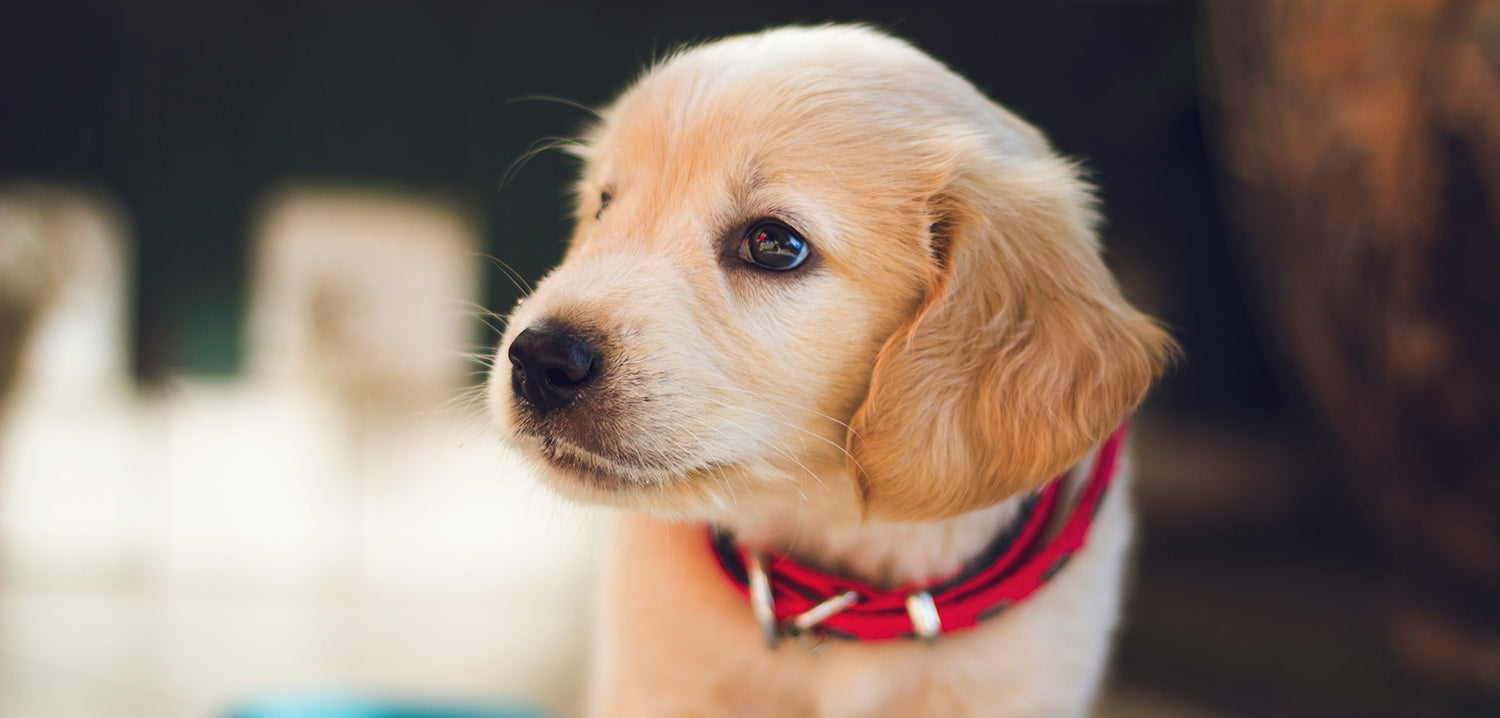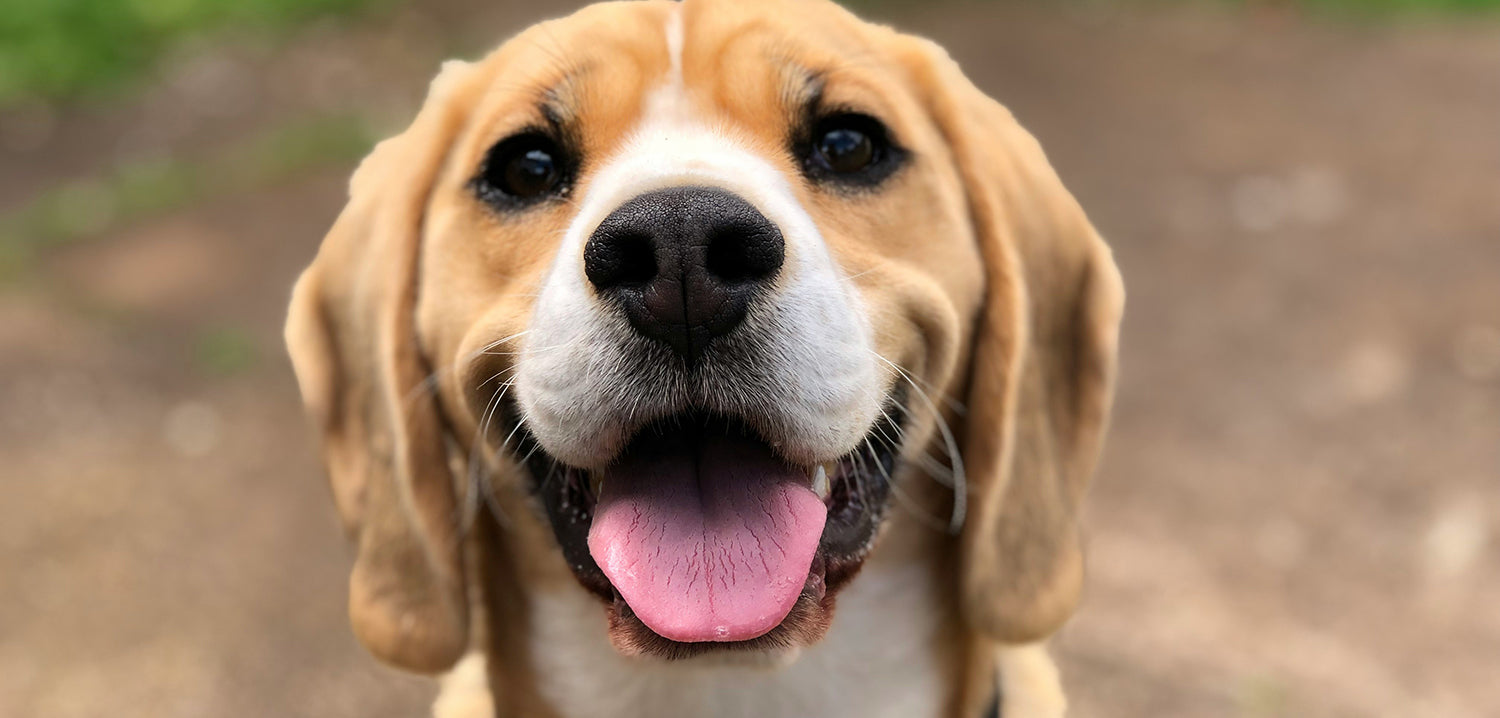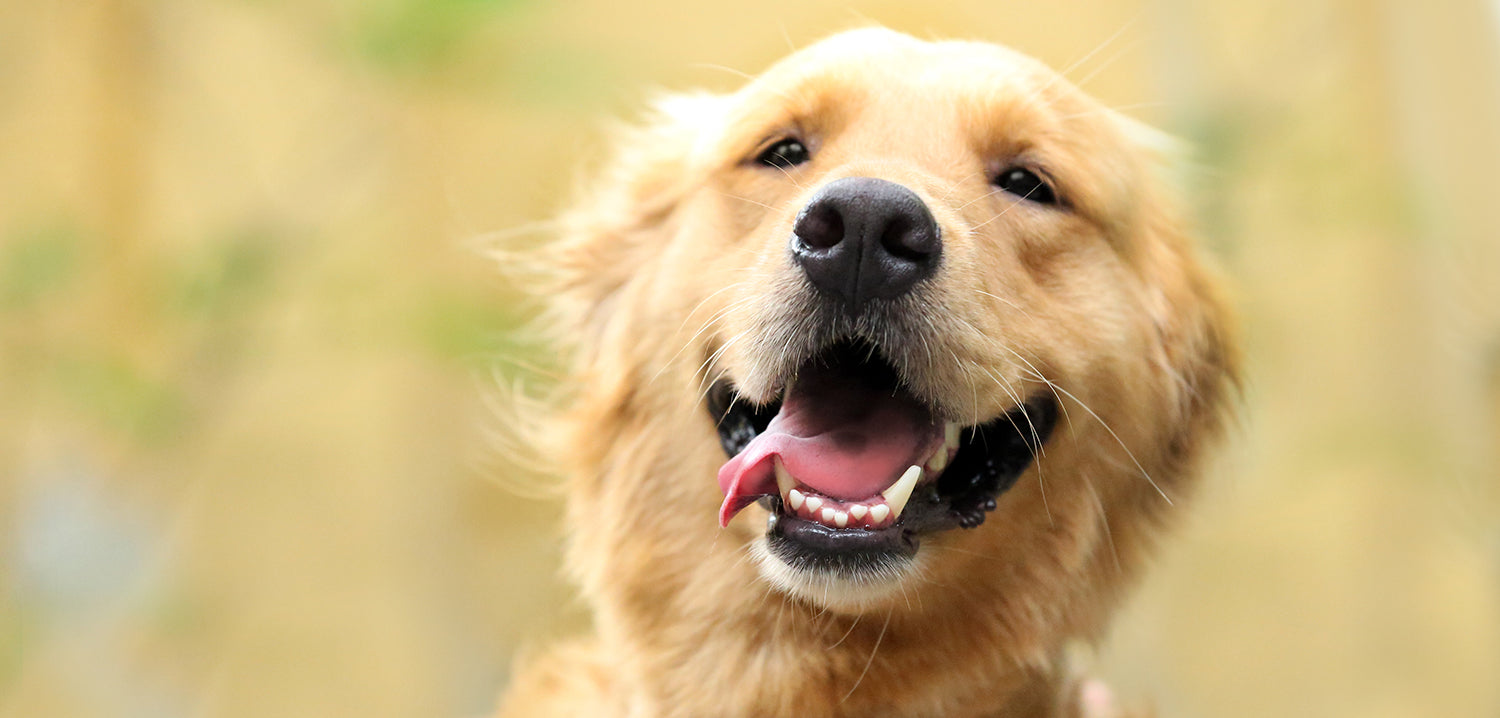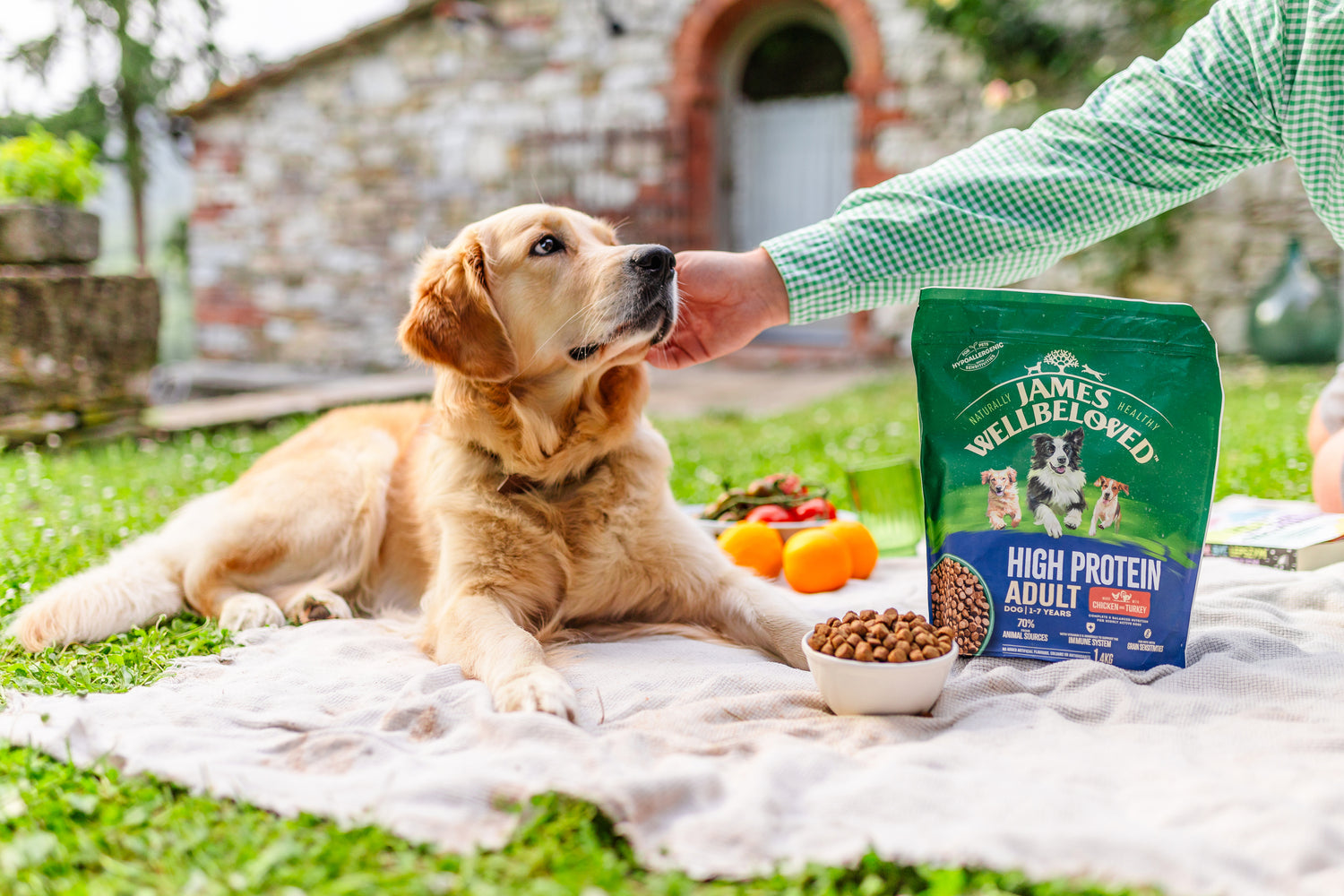Have you noticed that your dog keeps sneezing? You’re probably wondering whether it’s a sign that something is wrong, but how do you know when a visit to the vet is needed? What can you do to help your dog stop sneezing and get back to their happy and healthy best? Read on for all the important information you need to know …
Why do dogs sneeze?
Sneezing is a normal action which occurs in response to the presence of foreign particles within the nose and need not be alarming. However, if your dog appears distressed, is continually sneezing or is sneezing on and off for a period of time which is out of character it may be a sign that something is wrong, in which case a vet may need to be sought.
A BLOCKED NOSE
One of the most common reasons for prolonged sneezing is that your dog has something stuck in their nose. If your prized pooch is a big fan of sniffing the ground and digging in the dirt – and let’s face it, this is doggy heaven for most – they might have got something lodged up there. If there’s a bit of dirt, seed or a bug in their nose – the body will automatically try to get rid of it by sneezing.
In cases like this, the matter usually resolves itself on its own and you don’t need to take any action. However, if your pet is still sneezing, and it seems like there is something stuck in their nose, you may need to visit your vet so that they can remove the object. If your dog keeps pawing at their nose, or it is bleeding, you will need to seek veterinary help.
COLDS OR INFECTION
The odd bout of sneezing isn’t usually anything to panic about – usually if a dog has an upper respiratory tract infection they are more likely to cough than sneeze. However, if the sneezing goes on for a prolonged period of time it could be the result of an infection called Aspergillus fungus. This is caused by inhalation of a fungus via dust, hay or bits of grass. If this is the case, your dog will need veterinary treatment. Sneezing could also be the result of a nasal mite infestation which can also cause nosebleeds and nasal discharge. Dogs who enjoy digging are more likely to pick up nasal mites. If you see either of these symptoms you should consult your vet.
Occasionally a dog sneezing can be the sign of something more serious, including a tooth infection, or a tumour in their nasal passage. If you are concerned about your dog sneezing, take them to the vet for advice.
BRACHYCEPHALIC BREEDS?
Brachycephalic dogs are unique as they have short muzzles and flat faces, and as a result their nasal passages are narrower than other breeds. Brachycephalic breeds include Pugs, Boston Terriers, Bulldogs, King Charles Spaniels and Pekingese. It’s worth bearing in mind that these breeds of dogs are much more vulnerable to infection in the nasal area because of the anatomy of their faces. If your brachycephalic dog keeps sneezing, take them to a vet to make sure they don’t have an illness.
Another possible explanation, which is more common in small dogs and brachycephalic breeds, is the reverse sneeze – where a dog pulls air in quickly through their nose. Although this can make quite a loud noise, it is usually nothing to worry about, so don’t be alarmed if you hear your dog do this.
ALLERGEN OR INHALED IRRITANT?
If your dog suffers from an allergy, it is likely to be shown through physical signs. For instance, canine atopy, an allergy to environmental allergens such as inhaled dusts and pollens, is typically displayed via itching, biting or poor-quality coat. As for humans, irritants such as household cleaners or aerosol deodorants can trigger sneezing in some sensitive dogs.
EMOTIONAL SNEEZING
On many occasions, a sneezing dog is nothing at all to be concerned about. It could just be that they are overcome with excitement about doing one of their favourite things. If you’ve called them for a walk, and the sneezing starts, they could well be communicating that they can’t wait and are really looking forward to it! Some dogs also sneeze when they are playing with you or other dogs, which is known as ‘play sneezing’.
If you’ve just given him a special treat, they might let you know how thrilled they are by indulging in a bit of sneezing! It’s much more common than you might think, particularly when it comes to smaller dogs.
Dog sneezing can be caused by a variety of factors, but it isn’t usually anything serious. If you have any doubts, or if there are physical symptoms such as poor appetite, behavioural change, discharge or bleeding, consult your vet who will be able to advise further.
